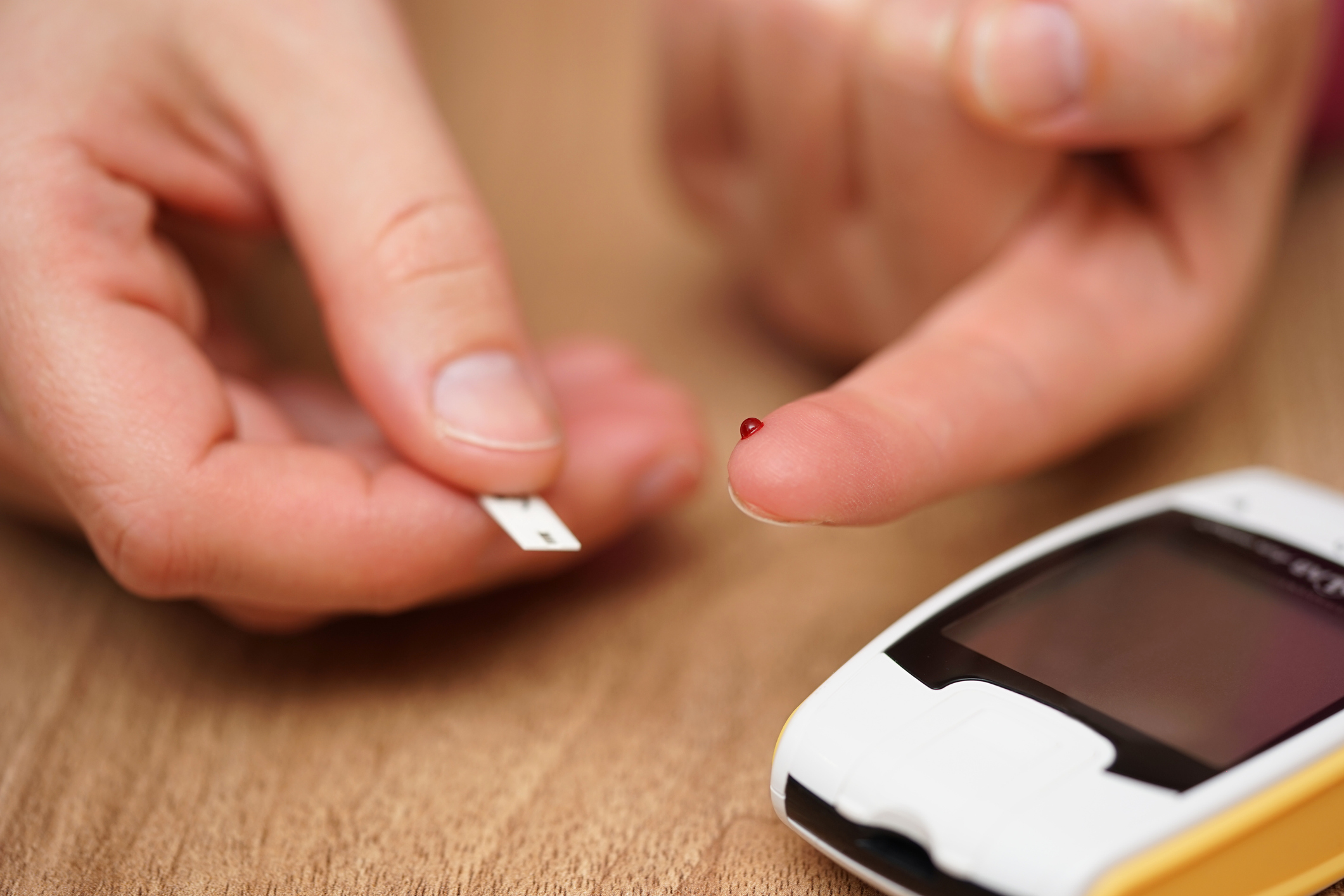Learn about how transcarotid artery revascularization (TCAR) compares to traditional treatments like...
Read More
As the eighth leading cause of death in the United States, we often hear about the dangers of diabetes. But what exactly happens in our bodies with diabetes and high blood sugar? How do these conditions affect your entire body, from head to toe? And what are the signs that should prompt you to get tested for diabetes? Here’s what you should know.
High blood sugar is a major risk factor for heart disease. It can lead to the narrowing of blood vessels, high blood pressure and increased cholesterol levels. Diabetes significantly raises the risk of heart attacks, strokes and other cardiovascular issues.
Elevated glucose levels associated with high blood sugar can damage the nerves throughout your body, causing numbness, tingling or pain, usually starting in the extremities.
High blood sugar can affect the lens in your eye, leading to blurred vision and even long-term eye issues if left uncontrolled. “Diabetic retinopathy is a common complication of unmanaged diabetes, and it can lead to vision loss or even blindness,” Inspira Medical Group endocrinologist.
Your kidneys filter waste from your blood but can become overworked and damaged when blood sugar is consistently high. “Diabetes is one of the leading causes of kidney disease, which can ultimately lead to kidney failure,” said Inspira endocrinologist.
Gum disease and tooth decay are more likely to occur in individuals with high blood sugar. Elevated glucose levels provide a breeding ground for harmful bacteria in the mouth, leading to dental problems.
High blood sugar can damage the inner ear's small blood vessels and nerves, leading to hearing loss or tinnitus.
High blood pressure and diabetes can increase the risk of cognitive decline, depression and anxiety due to reduced blood flow and inflammation in the brain.
Severe cases of neuropathy and poor circulation, often linked to uncontrolled diabetes, can result in foot ulcers and, in extreme cases, the need for amputation. “Preventive care and blood sugar management are crucial to avoid such serious consequences,” said Inspira endocrinologist.
Early intervention and maintaining healthy blood sugar levels can help prevent these complications and improve your overall quality of life. Still, one in five Americans do not know they have diabetes. If you experience any of the following symptoms, consult a health care professional and get tested:
Inspira Health offers Diabetes Self-management Education programs at locations in Elmer, Vineland and Woodbury. Whether you have been newly diagnosed or have been living with diabetes for many years, we are here to help. Call 1-800-INSPIRA to make an appointment.
Inspira Health is a high reliability organization (HRO), which means safety is the top priority for patients and staff. To make an appointment, call 1-800-INSPIRA.

Learn about how transcarotid artery revascularization (TCAR) compares to traditional treatments like...
Read More
Kidney stones are a common but preventable condition that can cause severe pain as they pass through...
Read More
Kidney disease is a leading cause of death in the United States, but it often has no symptoms in its...
Read More
The material set forth in this site in no way seeks to diagnose or treat illness or to serve as a substitute for professional medical care. Please speak with your health care provider if you have a health concern or if you are considering adopting any exercise program or dietary guidelines. For permission to reprint any portion of this website or to be removed from a notification list, please contact us at (856) 537-6772